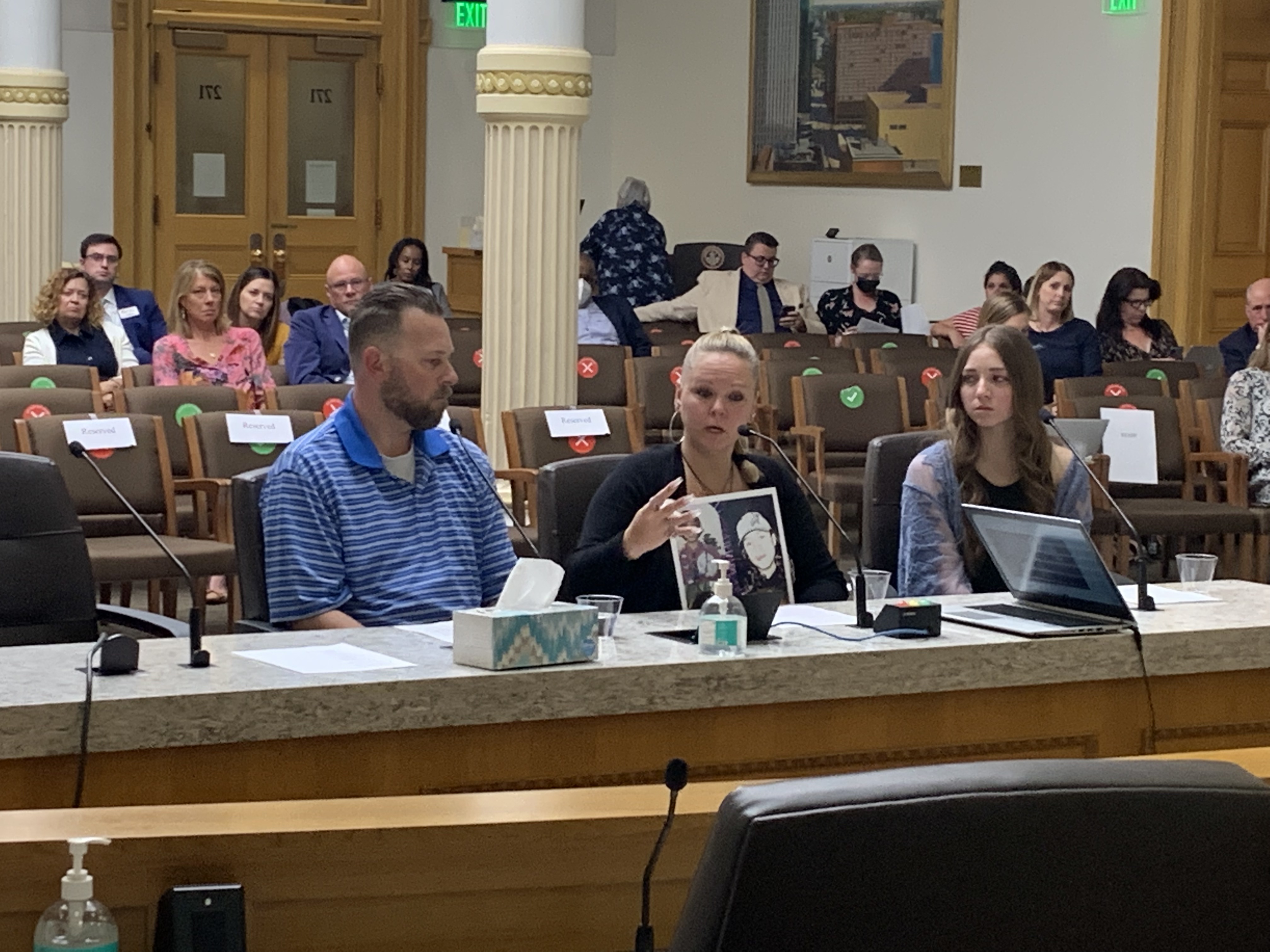Senate panel adds money, minor tweaks to fentanyl bill ahead of chamber’s floor debate

The bill seeking to address the state’s fentanyl crisis received some money and clean-up work during a Wednesday morning Senate Appropriations Committee meeting.
Eleven of the 12 amendments offered to change House Bill 1326 were adopted by the appropriations committee, which then voted, 6-1, to send it to the Senate floor for debate. That will take place on Thursday.
The lone “no” vote came from Sen. Jerry Sonnenberg, R-Sterling. The bill’s co-sponsor, Sen. John Cooke, R-Greeley, voted in favor.
The one amendment that didn’t succeed attempted to remove the “knowing or should have known” language from the bill, a reference to the way criminal charges would be filed against those who possess fentanyl. Law enforcement and district attorneys have complained that requiring someone to knowingly possess fentanyl in order to be charged with a felony would be practically impossible to prove.
Expect to see that amendment again when the bill reaches the Senate floor.
A clear pattern has emerged in the last few weeks, based on debates among legislators. Broadly speaking, legislators appear amenable to a compromise legislation that makes possession of 1 gram of a drug that contains fentanyl a felony. They are also open to allocating additional money to law enforcement to investigate fentanyl overdoses.
Legislators must decide on two other questions – whether to eliminate a three-year sunset provision that applies to the bill’s felony language and whether to delete the bill’s provision that triggers the felony charge only if the person knew or should have known there’s fentanyl in the drug.
The appropriations committee work follows last week’s hearing in the Senate Judiciary Committee.
The major changes to HB 1326 as approved by the appropriations committee Wednesday addressed money. The committee approved an amendment to add $10 million to the bill, to pay for treatment and detox programs. Another $5.8 million is directed to the state Department of Public Health & Environment, for opiate detection tests, the bill’s education campaign, regional training and a study on the health effects of the bill’s enhanced criminal penalties, And $7 million will go to the division of criminal justice in the Department of Public Safety.
Hospitals and emergency rooms will receive opiate antagonists – that includes Naloxone and Narcan – without charge, and the state will pursue federal funding for those antagonists, under another amendment approved Wednesday.

marianne.goodland@coloradopolitics.com












